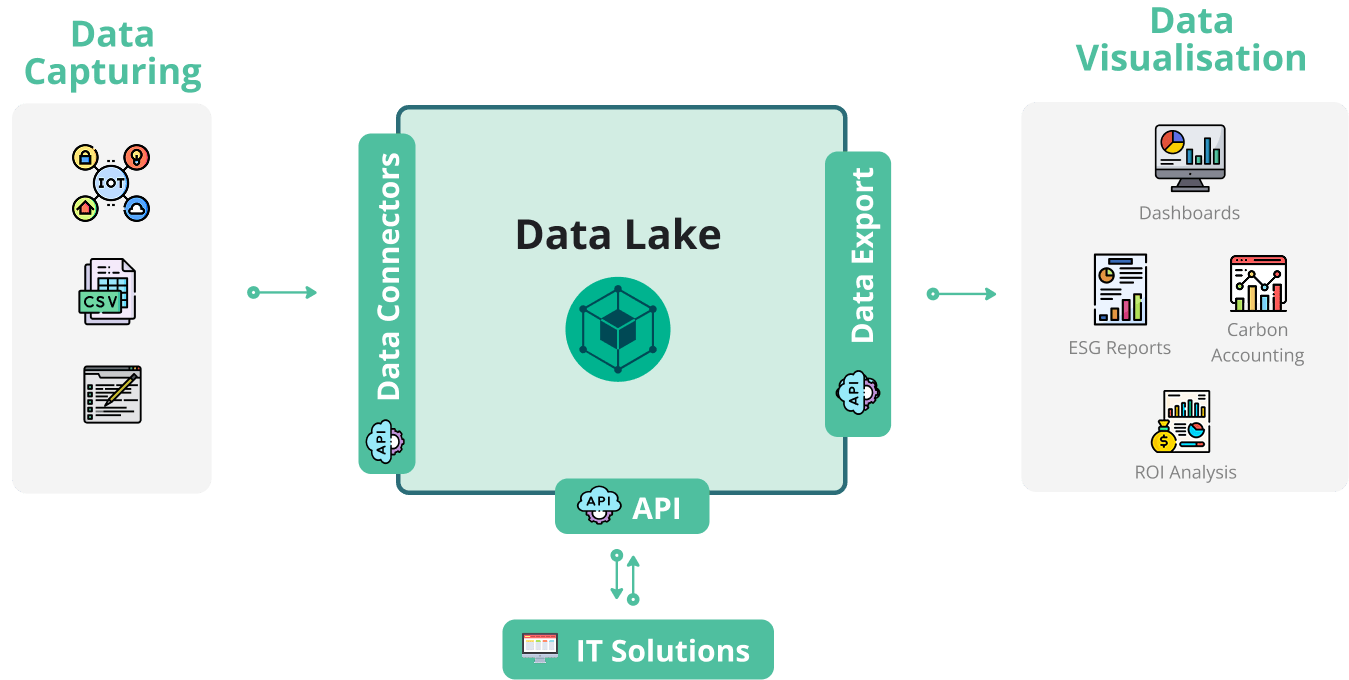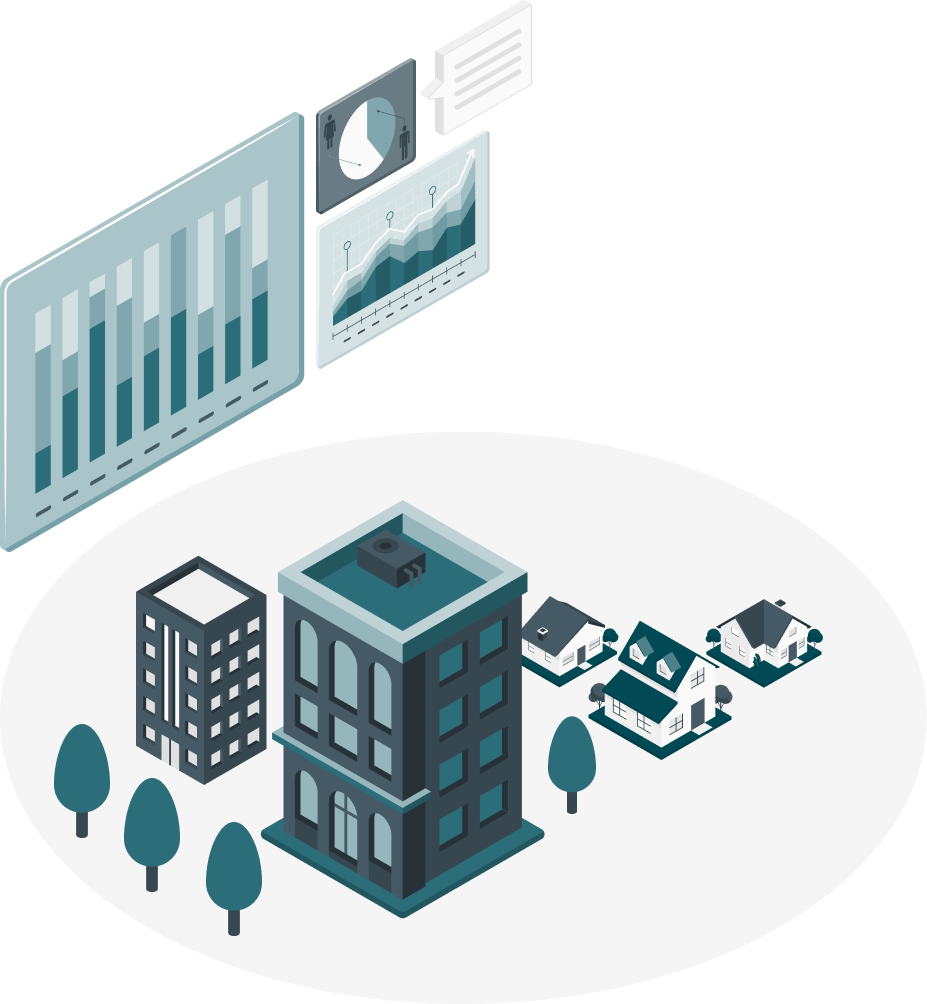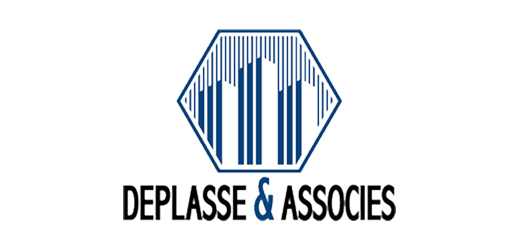Our Services
From strategy to implementation. From data to sustainability.
Objective
Define your data roadmap to enable impactful and measurable sustainability actions.
Data Needs
- Perform a data gap analysis to define existing data inventory against data required to serve your sustainability goals and stakeholders.
- Using data flow mapping to understand the data flux in the current and future situation
Data Integration Roadmap
- Develop an integration plan for the seamless integration of the data and IT solutions into your existing ecosystem.
- Identify the most promising IT solutions through a market analysis and feasibility assessment to evaluate the compatibility with existing technological infrastructure.
- ROI analysis to define the financial viability of new IT solutions.
Objective
Build a robust and automated data infrastructure — from capture to visualisation — to turn raw ESG data into actionable insights.
Data Capture
- Internet of Things (IoT) integration to monitor real-time environmental metrics.
- Data extraction via AI agents to extract data points from unstructured files.
- Implementation of connectors (API) to existing data sources (ERP, data warehouse, HR or accounting software).
Data Cleanup
- Remove inconsistencies and errors.
- Standardisation through ETL process to unify formats and structure.
- Data validation against benchmarks.
- Data extrapolations and estimation to fill-in data gaps.
Data Lake
- Central data lake and warehouse for storage of all data usable for software, export, and dashboard.
Data Visualisation
- Personalised dashboard that clearly displays the relevant data to support better decision-making.
IT Solutions
- Integration of IT solutions (softwares or platforms) into existing infrastructure.
- Contracts and terms negotiation with chosen technology providers.
- In-House data support (Interim or long-term): offering expertise and knowledge.

Objective
Build a tailored and realistic sustainability strategy — grounded in data and Key Impact Indicators, aligned with regulations, and focused on impact, ROI, and implementation capacity.
Data-Backed Competitive Sustainability Roadmap
- Development of a detailed action plan based on real data insights
- Identifying quick wins and detailed steps to ensure compliance with regulations and target frameworks
Automated Carbon Accounting and Decarbonisation Plan
- Translation of real-life data points into carbon footprint.
- Setting goals focusing on ROI. Establishing measurable decarbonisation objectives, such as reducing CO2 emissions, energy consumption, and increasing renewable energy usage.
- Energy management improving energy efficiency and reduce costs.
ESG Reporting
- Tailor-made reporting based on verified data.
- Compliance to CSRD, SFDR, VSME, GRESB, etc.
In-House Support
- Filling the gaps in your sustainability team by offering flexible, expert support on or off-site.
- In-house Chief Sustainability Officer (interim or long-term) offering executive-level guidance and decision-making.

Objective
To enrich existing data streams for better energy efficiency, innovation, and new business models.
Market Analysis
- Market analysis of green solutions to serve the sustainability roadmap:
- Energy: PV, Heat pumps, etc.
- Transport: EV, EV charger, etc.
- Materials: Sustainable materials, etc.
Solutions Implementation
- Monitoring the implementation of green solutions to support the sustainability roadmap.































